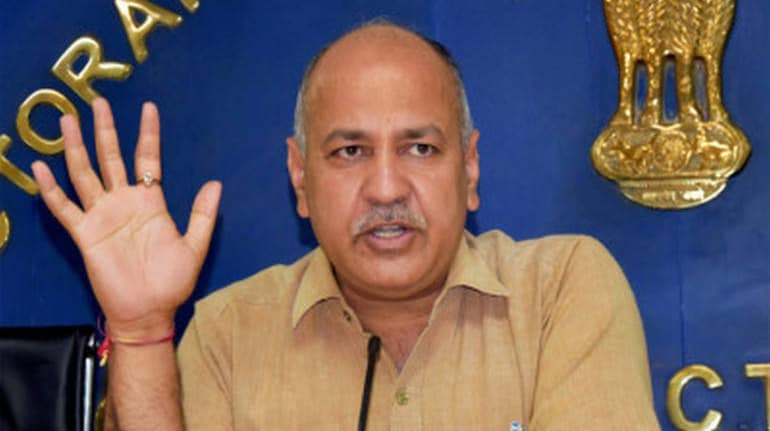



Delhi Deputy Chief Minister Manish Sisodia on September 14 said that he has tested positive for COVID-19.
"After having a mild fever, I underwent a COVID-19 test today, and the report has come back positive. I have kept myself in isolation. Right now there is no fever or any other problem, I am completely fine. With all your blessings, I will get better soon and return to work," Sisodia tweeted in Hindi.
हल्का बुख़ार होने के बाद आज कोरोना टेस्ट क़राया था जिसकी रिपोर्ट पोज़िटिव आई है. मैंने स्वयं को एकांतवास में रख लिया है.
फ़िलहाल बुख़ार या अन्य कोई परेशानी नहीं है मैं पूरी तरह ठीक हूँ. आप सब की दुआओं से जल्द ही पूर्ण स्वस्थ होकर काम पर लौटूँगा.— Manish Sisodia (@msisodia) September 14, 2020
The national capital recorded 3,229 COVID-19 cases on September 14, taking the tally to over 2.21 lakh, while the death toll mounted to 4,770.
Twenty-six fatalities were recorded in the last 24 hours, according to the Delhi government's latest health bulletin.
Of the total 2,21,533 cases reported in Delhi so far, 1,88,122 have either recovered, been discharged, or migrated out. Since August end, the number of active cases has nearly doubled in the city. It was 14,626 on August 31 and 28,641 on Monday.
Discover the latest Business News, Sensex, and Nifty updates. Obtain Personal Finance insights, tax queries, and expert opinions on Moneycontrol or download the Moneycontrol App to stay updated!
Find the best of Al News in one place, specially curated for you every weekend.
Stay on top of the latest tech trends and biggest startup news.